
A stroke victim who started speaking with an Italian accent after initially losing her speech for three months has said it feels like someone is “impersonating” her.
Althia Bryden, 58, a medically retired customer service advisor who lives in Highbury, London, with her husband and full-time carer, Winston, 63, suffered a stroke on May 4 2024, which she said left her unable to speak or feel the upper right side of her body.
Upon further investigation, she said doctors identified a carotid web in her neck as the cause of her stroke and, in August 2024, they performed surgery to remove it.
After surgery Althia claims she spontaneously regained her ability to speak, but despite never speaking Italian or visiting Italy, she had a distinct Italian accent – even slipping Italian words and mannerisms such as “mamma mia”, “bambino” and “si” into conversation without realising it.
Althia said her speech and language therapist suggested she has foreign accent syndrome, a known but rare condition where a person’s speech takes on an accent different from their usual accent and which other people can think sounds ‘foreign’, and usually happens as a result of brain damage, such as from a stroke, according to the NHS.
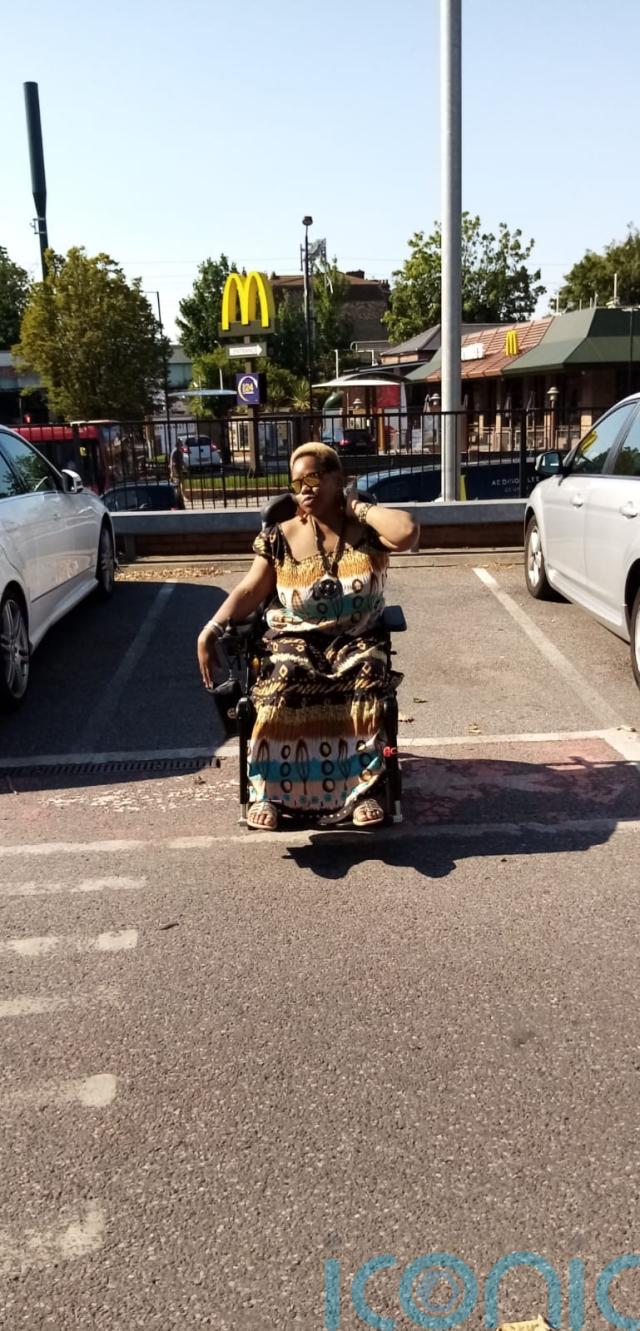
Althia is currently waiting for a formal diagnosis and, although grateful to have survived the stroke and regained her speech, she feels like she has lost her identity, waking up each day hoping her accent will return to normal.
Althia, a mum of two and grandmother of two, told PA Real Life: “Even my laugh is not the same… I’m not me, it’s like someone is impersonating me.
“I feel like a clown with an upside-down smile that people are watching perform.
“They are laughing, but I still have an upside-down smile.
“It’s very sad – everything is different, even my body language is different.
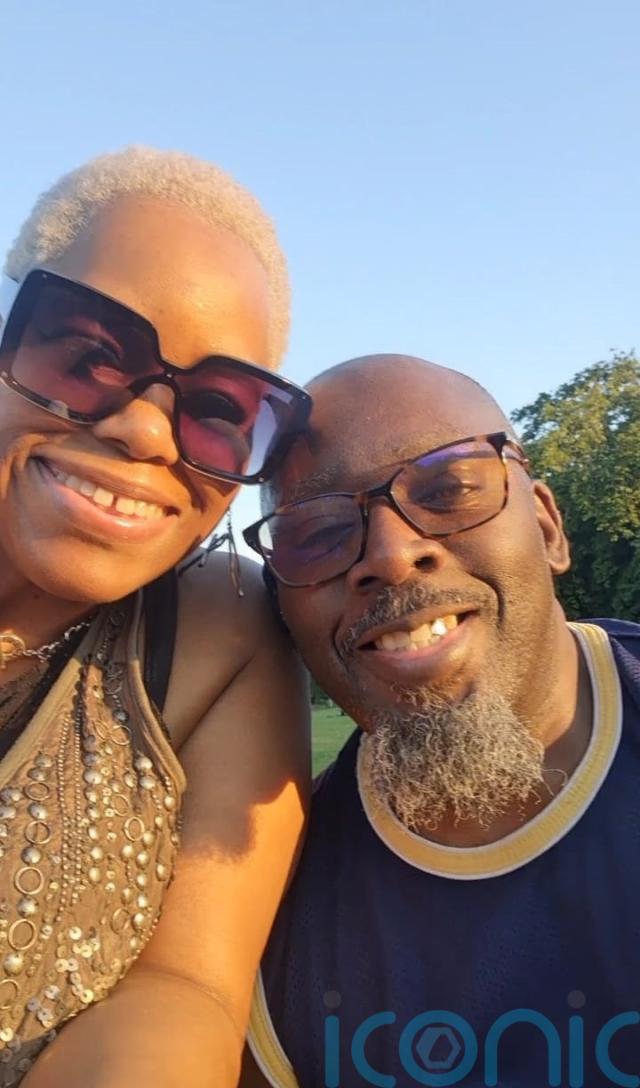
“People aren’t meeting the original me, I don’t know who I am.”
On May 4 2024, Winston found Althia unresponsive in bed, her face visibly drooping on the right side – she had suffered a stroke.
Prior to this, she does not remember having any warning signs.
Winston immediately called for an ambulance, and upon arriving at the hospital, Althia’s condition deteriorated further.
She said she lost the ability to speak entirely and had no sensation on the upper right side of her body.
While in hospital, Althia said she was diagnosed with aphasia, which, according to the NHS, is when a person has difficulty with their language or speech.
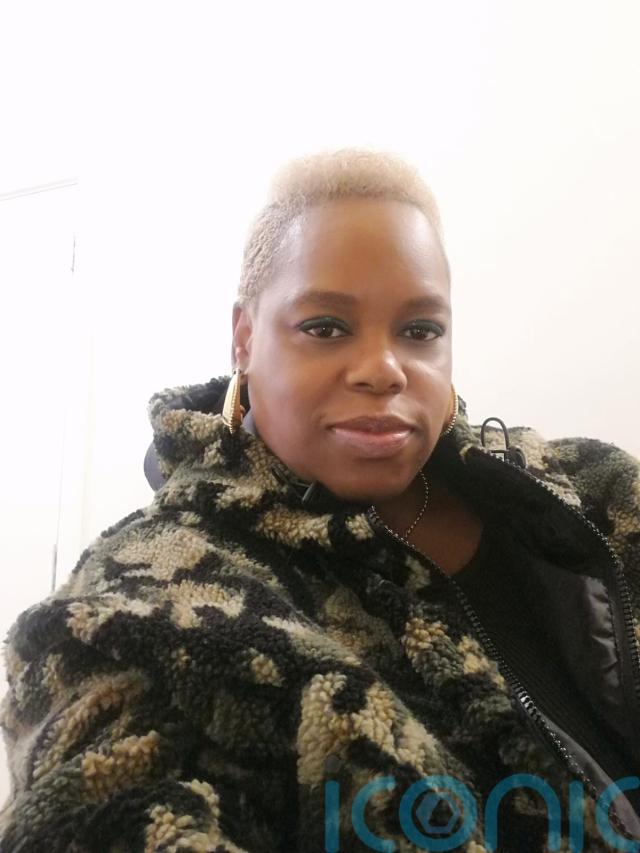
“The only thing I could do was point,” she explained.
“Doctors gave me a notepad, then I realised I couldn’t write because I’m right-handed and if someone wrote something down, I could not read it.
“My brain couldn’t understand it – it was very frightening for me and I felt afraid and confused.
“I felt like a shell of the person I once was.
“I was so alone and isolated, and I remember feeling just totally lost.”
She spent nine days in hospital before being discharged on May 13 2024.
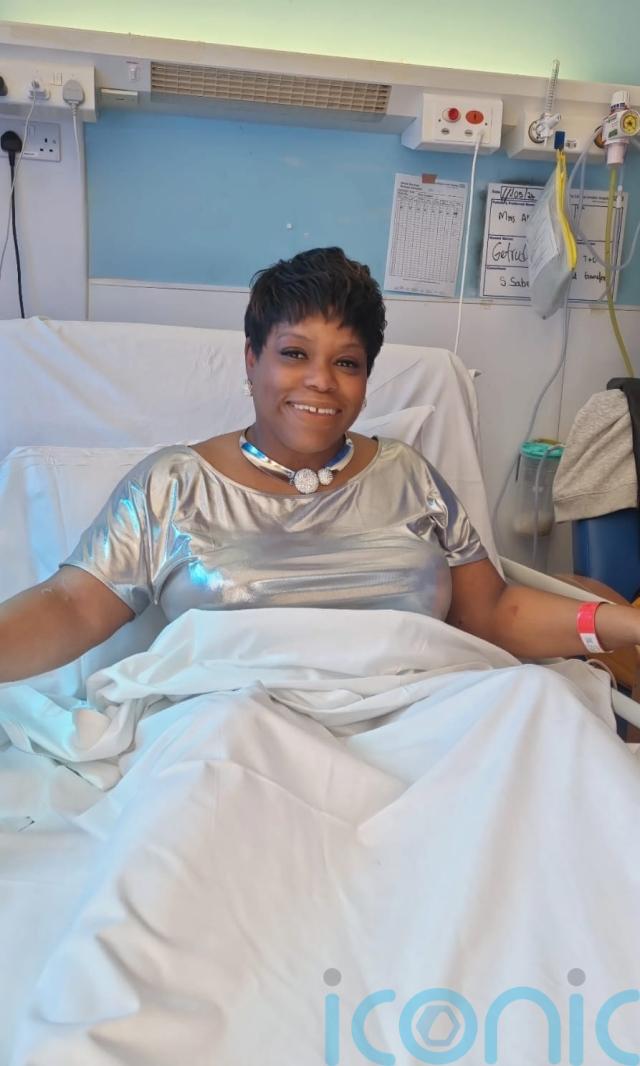
Following further investigation into the cause of her stroke, Althia said doctors discovered it had been caused by a carotid web – a rare shelf-like structure in the neck that can interrupt blood flow to the brain.
Althia was readmitted to hospital on July 30 2024 for surgery to remove the carotid web, which took place on August 1 2024.
She spent two days in intensive care due to her blood pressure being “very erratic”.
On the first day, Althia claimed a nurse woke her up to take her blood pressure and, without thinking, Althia responded.
“Completely out of the blue, I just started speaking,” Althia recalled.
“She looked as shocked as I did!
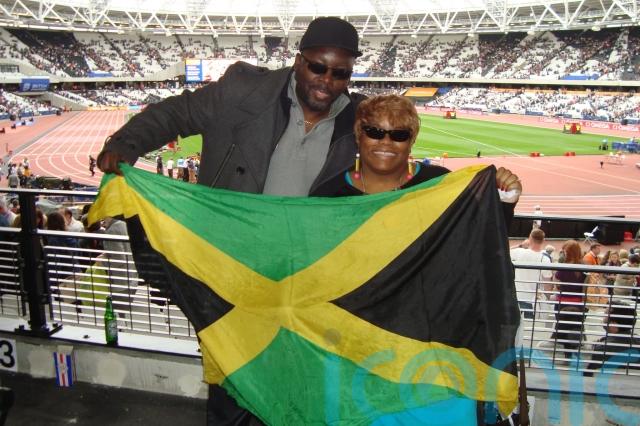
“I remember thinking, ‘Who is that talking?’
“Firstly, I couldn’t believe it was me talking, but I also didn’t recognise the sound of my voice.
“The nurse rushed to get colleagues round to my bed. No one could believe I was talking after so long.
“But the more I spoke, the more confused we all became.
“They asked me if I had an Italian accent before my stroke and were telling me I had a strong accent. In the whirlwind of it all, I was so confused.”
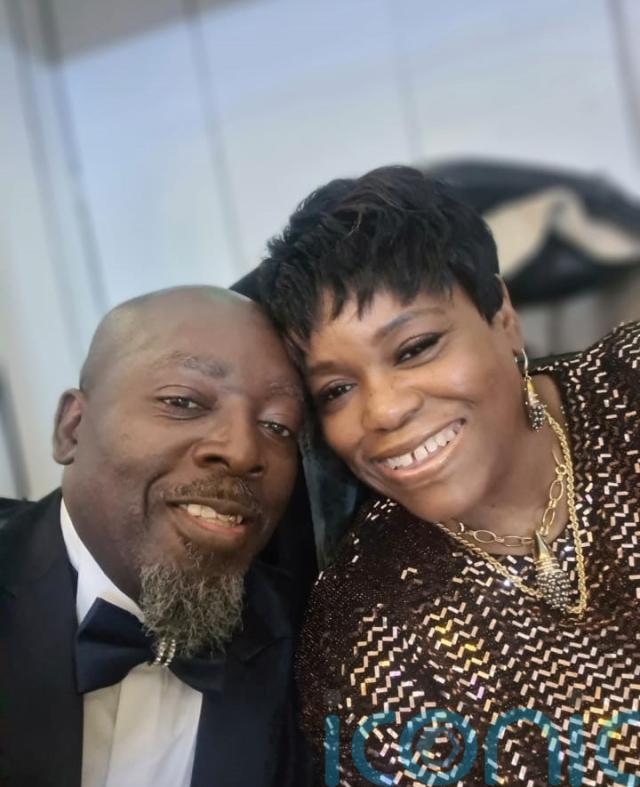
As the days went on, she said her Italian accent remained, and she felt like she had “no control” over the sounds she was making.
Althia said a speech and language therapist suggested she has foreign accent syndrome, which usually happens as a result of brain damage such as from a stroke, according to the NHS.
She is currently awaiting a formal diagnosis.
She added: “Doctors and nurses saw me as a bit of a medical marvel – none of the nurses, doctors, therapists or surgeons had dealt with foreign accent syndrome in their whole careers!
“This is when I realised just how rare this condition is. I wish more people knew about it.
“Before, I didn’t sound like the Queen, but I sounded British!
“I’ve always lived in London, but all my family are from Jamaica.”
When Winston visited Althia, he “couldn’t believe it” and was “speechless”.
One of her sons, however, couldn’t help but laugh, even having to leave the room to compose himself.
Even in her thoughts, she can hear the accent, and she occasionally uses Italian words without realising it, despite never having spoken Italian or visited Italy.
Whenever she utters an unfamiliar word, she and her husband have to search for its meaning to understand it.
She explained: “I have no idea I’m about to do it – my brain just converts the English word into Italian.
“It always takes me and Winston by complete surprise… I’ll randomly say things like ‘mamma mia’ or ‘bambino’.
“The first time I did it, I was talking to my brother-in-law, and I said ‘si’ as he was talking.
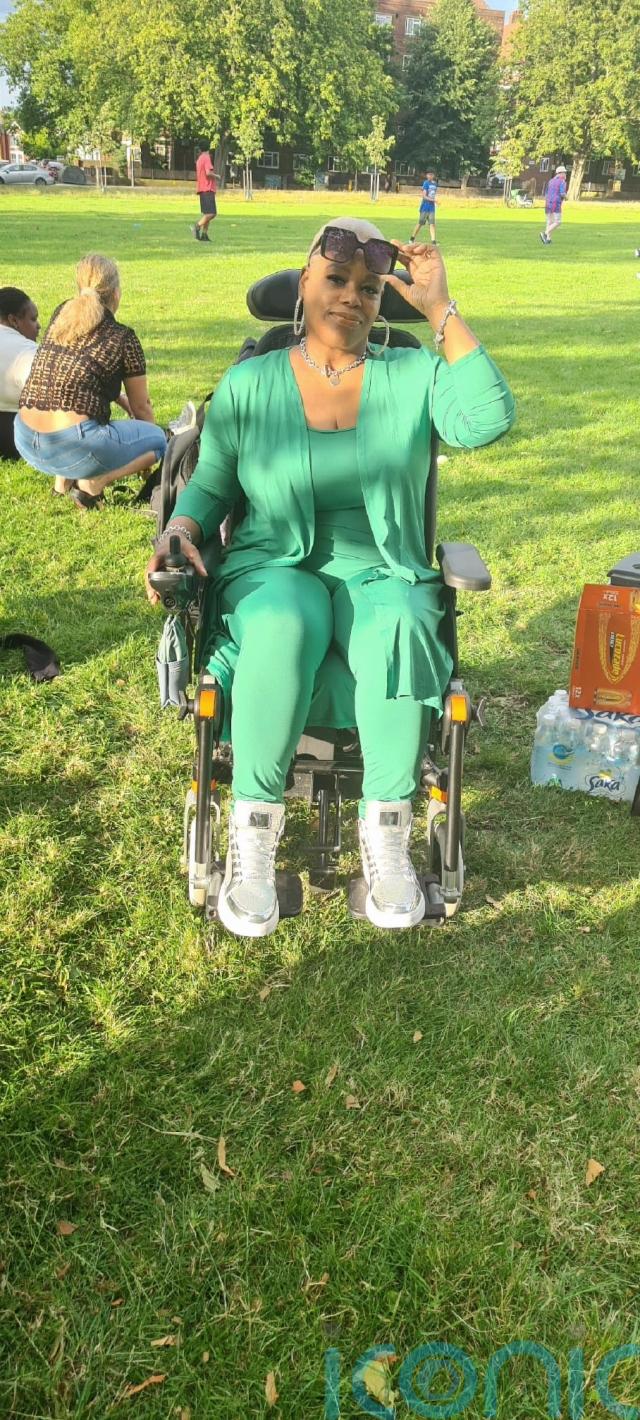
“It’s such a strange feeling. I’m so surprised when it happens; my eyes widen in shock.”
Since developing this condition, although she feels “lucky to be alive” after having a stroke, Althia wakes up every morning hoping the accent has gone.
She also finds it difficult when introducing herself to new people, as she often has to explain her situation, and people are frequently left confused.
She continues to receive support from a speech and language therapist as she stutters when not in the flow of conversation.
Her speech and language therapists and doctors do not know if her original accent will ever return.
“I’m still looking for the person I was before,” Althia added.
“Where do I go to find the button to switch this stuff off?”
Althia continues to struggle to read and write due to her stroke.
Since having her stroke, she has received support from the Stroke Association, including home visits from a coordinator and attending support groups.
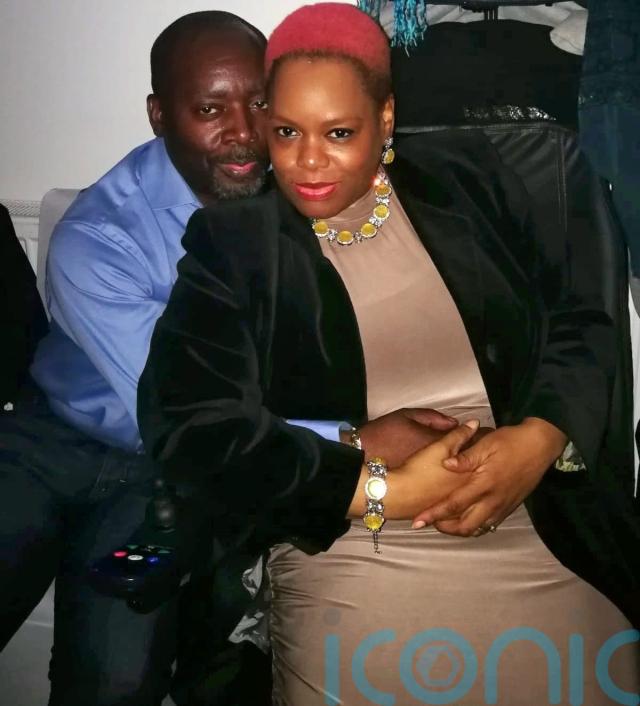
“They’re a listening ear for me – when I want to find out about hospital appointments, they will chase this for me and have been very supportive,” Althia said.
“I found this to be very good as well… it made me realise having foreign accent syndrome is part of my story, and I shouldn’t be ashamed.”
However, she has yet to meet anyone else with foreign accent syndrome and often feels isolated, as few truly understand her experience.
She said: “I want to meet someone with it, and be able to relate to someone and have that connection.”
Juliet Bouverie OBE, chief executive of the Stroke Association, said: “Every day in the UK over 240 people wake up to the catastrophic impact of a stroke, which can leave survivors unable to move, see, speak, or even swallow.
“It’s a traumatic, life-changing event that robs survivors and their families of the life they knew.
“Recovery for a stroke survivor is a hard slog of gruelling and repetitive therapy.
“But with strength, determination and the right support, recovery is possible.
“We support stroke survivors and their families to find the strength they need to find their way back to life.”
For more information about communication problems after stroke and how to find support, visit www.stroke.org.uk or contact the Stroke Support Helpline on 0303 3033 100.
Subscribe or register today to discover more from DonegalLive.ie
Buy the e-paper of the Donegal Democrat, Donegal People's Press, Donegal Post and Inish Times here for instant access to Donegal's premier news titles.
Keep up with the latest news from Donegal with our daily newsletter featuring the most important stories of the day delivered to your inbox every evening at 5pm.